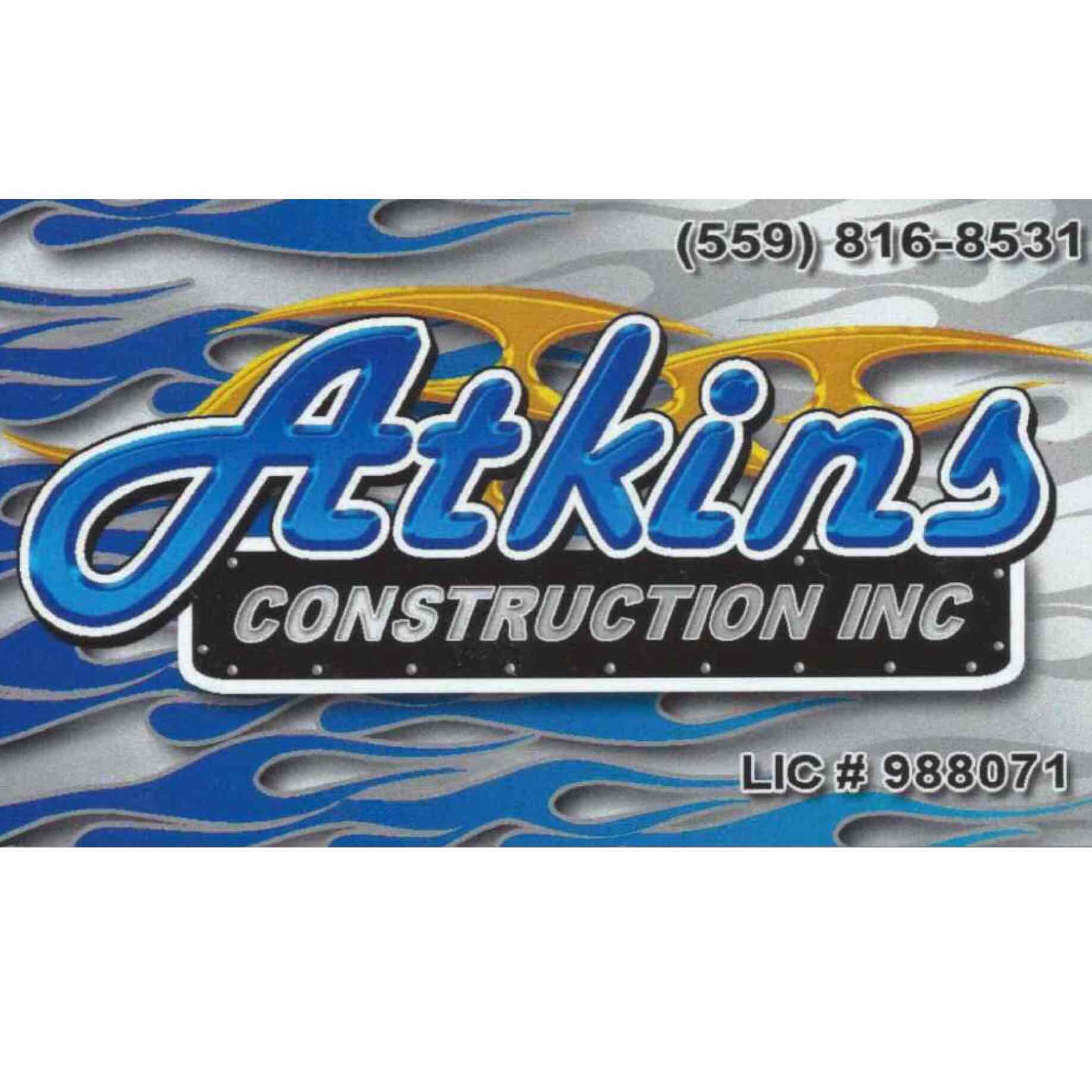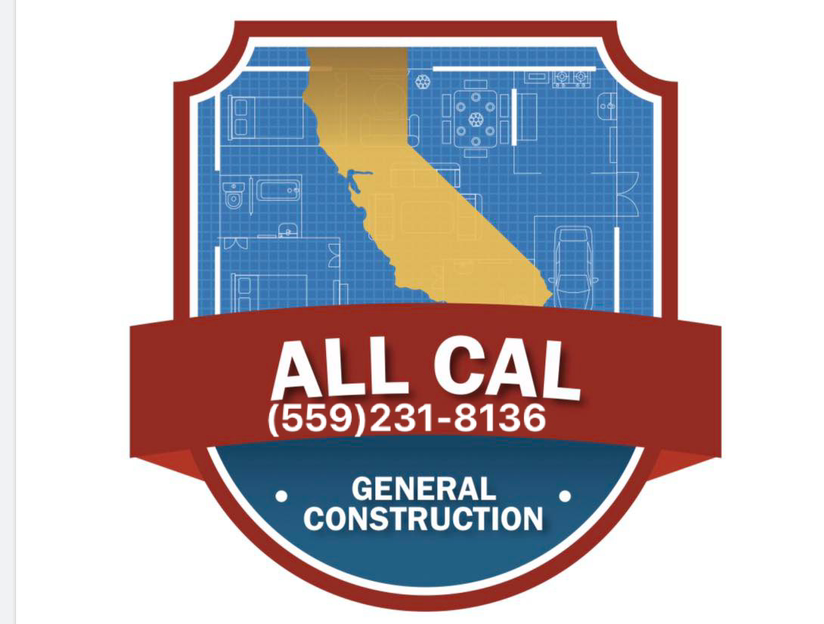
GZ CONSTRUCTION LLC
GZ CONSTRUCTION LLC
We pride our company on reliability, great communication, integrity, and quality work. Our top priority is customer satisfaction and will go the extra mile. We are experts in our trade and will work with you from conception to competition. We strive in making all clients, repeat clients.
"Very good service and honest opinions"
Foeng Y on January 2026
We pride our company on reliability, great communication, integrity, and quality work. Our top priority is customer satisfaction and will go the extra mile. We are experts in our trade and will work with you from conception to competition. We strive in making all clients, repeat clients.
"Very good service and honest opinions"
Foeng Y on January 2026
















